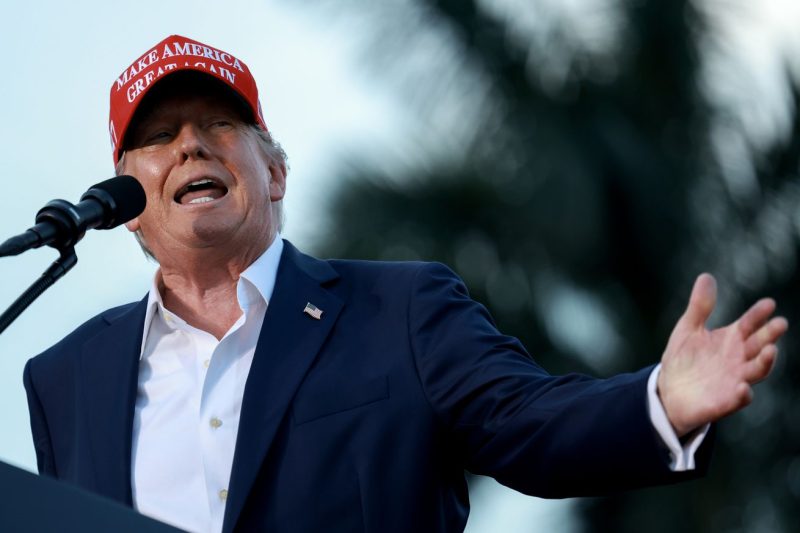In recent years, social media platforms like Facebook and Instagram have played a pivotal role in shaping public discourse. One of the most controversial and widely discussed topics within this realm has been the content moderation policies employed by these platforms, particularly in relation to high-profile figures such as former U.S. President Donald Trump.
The latest development in this ongoing saga comes with the news that Meta, the parent company of Facebook and Instagram, has decided to drop the restrictions placed on Trump’s accounts. This decision has sparked a fresh wave of debates concerning the boundaries of free speech, the responsibilities of social media companies, and the influence of political figures on online platforms.
For many, Meta’s move to lift the limitations on Trump’s accounts represents a victory for free expression and a step towards promoting diverse viewpoints on social media. Critics of the previous restrictions argued that they amounted to censorship and a dangerous precedent for silencing public figures based on subjective interpretations of their statements.
On the other hand, some voices have raised concerns about the implications of allowing a figure like Trump, known for his controversial statements and alleged promotion of disinformation, to regain full access to millions of followers. They argue that social media companies have a responsibility to protect their users from harmful content and that reinstating Trump’s accounts could contribute to the spread of misinformation and divisiveness.
The decision by Meta to reverse the restrictions on Trump’s accounts underscores the complex and nuanced nature of content moderation in the digital age. While platforms like Facebook and Instagram have a duty to uphold community standards and prevent the dissemination of harmful content, they also face pressures to maintain transparency, fairness, and neutrality in their enforcement of these policies.
Moving forward, it is essential for social media companies to continue engaging with stakeholders from various backgrounds, including policymakers, activists, and experts in digital ethics, to develop more robust and inclusive content moderation practices. By balancing the imperative of free speech with the need to safeguard users from harm, platforms like Meta can contribute to a healthier online environment that fosters constructive dialogue and mutual understanding.
